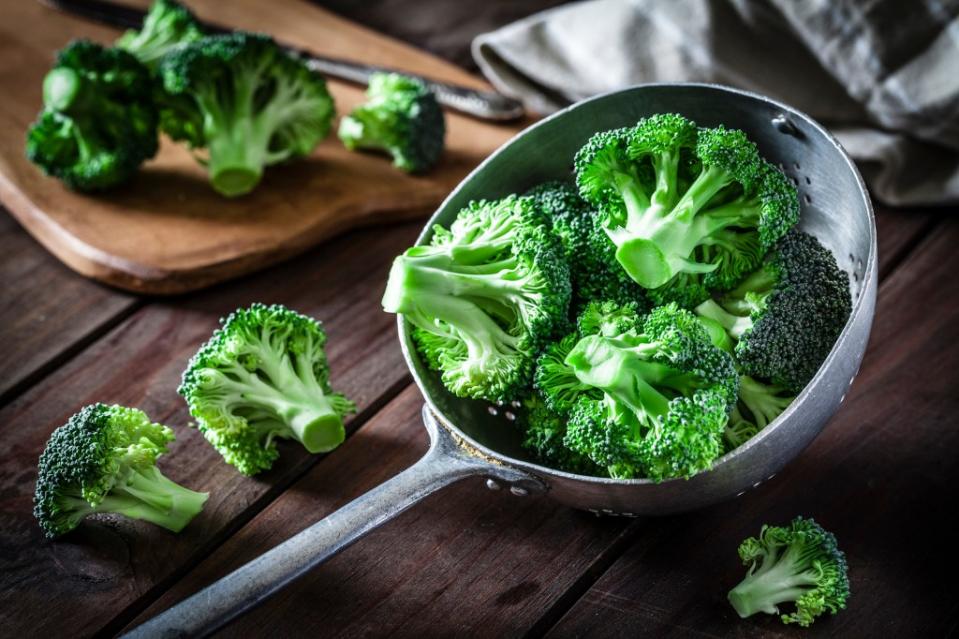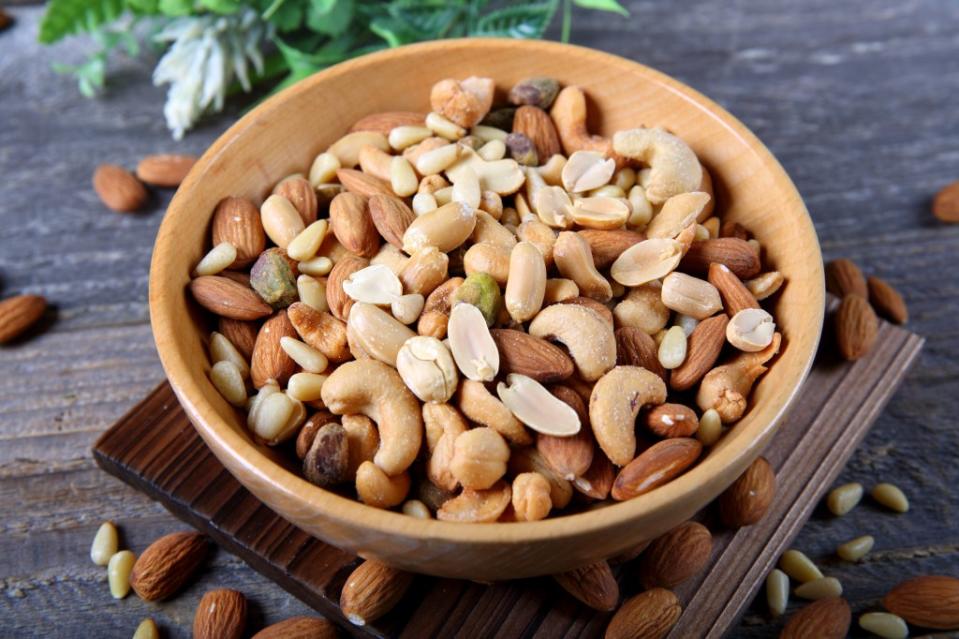I’m a doctor — lose weight by adding these 5 foods to your diet

Milk this diet for all it’s worth.
Dr. Michael Mosley — a BBC presenter and author who popularized the 5:2 fasting diet and developed the Fast 800 diet, which combines intermittent fasting and Mediterranean-style eating — is sharing the five food groups to incorporate into your routine for weight loss.
Mosley swears by non-starchy vegetables; olive oil; full-fat dairy; nuts and seeds; and lean protein.


This eating approach was highlighted in a post on the Fast 800’s website in November 2022, which resurfaced last week in honor of World Obesity Day (March 4).
The vegetables Mosley prefers are broccoli, spinach, cauliflower, cucumber, and eggplant because they “contain a host of vitamins, minerals and other important nutrients like phytochemicals” that have been shown to lower cholesterol and the risk of Type 2 diabetes while helping digestion. There’s no need to count these vegetables in your daily calorie tally, Mosley says.
Olive oil, meanwhile, can be used as a salad dressing or a dip.

It’s a “‘good’ fat, containing anti-inflammatory compounds such as oleic acid, omega-3 fatty acids, and polyphenols,” Mosley argues on the Fast 800 site. “It is known to reduce effects on depression and gut health, reduce the risk of developing cardiovascular disease and lower blood pressure.”
A 2022 Harvard University study found that people who consumed just over half a tablespoon of olive oil a day had a 19% lower risk of death over 28 years compared to those who didn’t.
Olive oil should replace butter, margarine, and mayonnaise, the researchers said.
Mosley’s push for full-fat dairy, via Greek yogurt and milk, may seem surprising. The Dietary Guidelines for Americans recommends low-fat (1%) or skim milk.
But Mosley says full fat is “arguably the healthier option.”
“It contains more essential fatty acids like omega-3, high levels of protein, Vitamin B-12, and iodine, all of which have been recognized to slow cognitive decline, reduce anxiety and depression, control energy levels and improve metabolic rate,” he writes.
Dr. Dariush Mozaffarian, a cardiologist and professor of medicine at Tufts University, told The New York Times in December that studies haven’t identified benefits of prioritizing low-fat dairy.
Mozaffarian endorses consuming at least one or two servings of yogurt and cheese a day, with whichever fat content you prefer, but without added sugar.

Also on Mosley’s go-to list are nuts and seeds such as almonds, cashews, hazelnuts, and pistachios, and lean proteins like fish, turkey, chicken breast, and tofu.
“A diet which is high in lean proteins has many health benefits: it reduces hunger, lowers blood pressure, assists with weight management, improves muscle mass and strength, and lowers the risk of osteoporosis as lean protein is great for bone health,” Mosley penned.

